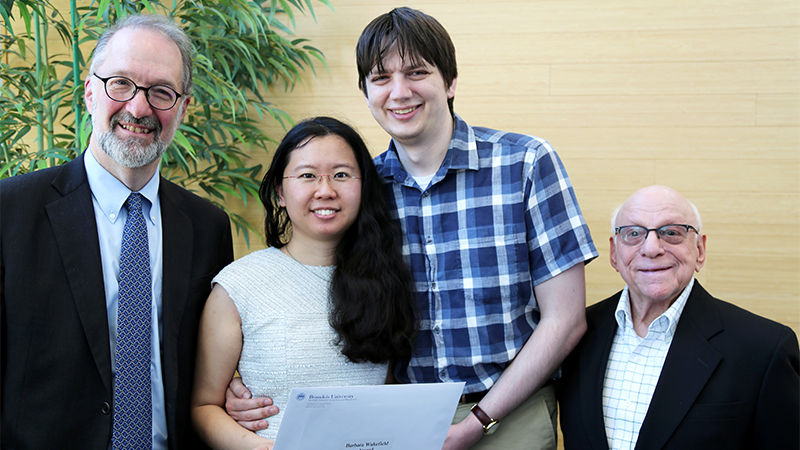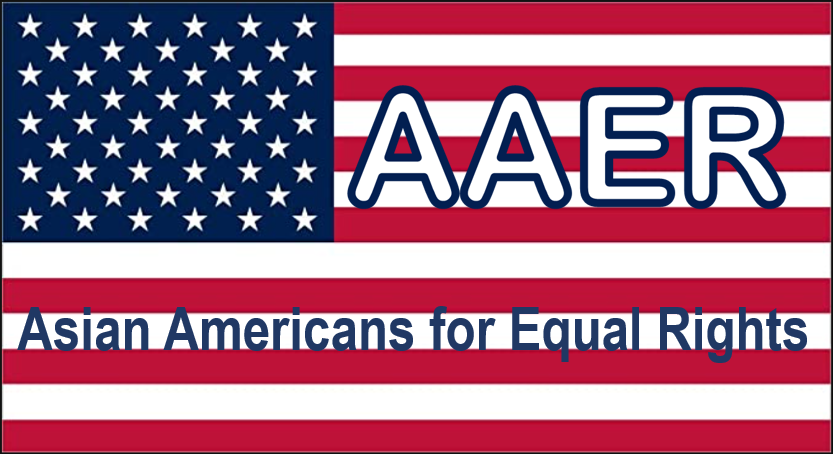Click here to find out why so many of us oppose the data disaggregation bill MA H.3361 (2017-2018 legislative session), and subsequently H.2681 (2019-2020) and H.3115 (2021-2022).
On January 30, 2018, many of us stepped into the State House for the first time, to attend the public hearing of MA H. 3361. It would start after noon, but many arrived hours prior hoping to get a seat in the Gardner Auditorium, the largest room in the State House. Many were not able to get in.

Click here for the Telegram news article. During the hearing, State Senator Dean Tran, a member of the Joint Committee on State Administration and Regulatory Oversight, voiced his concern about potential racial profiling.
An Unexpected Award
Ye Pogue, board member of the AAER, talked about how this unexpected chapter of her life led her to win the Barbara Wakefield Award by Brandeis University. “I learned everything about activism on the fly. I wrote letters to legislators, testified at hearings, and strategized with the local Asian community leaders. I was elected to be the spokesperson of the campaign. We stopped the bill in the last legislative cycle, though now it has come back again.”

Click here for her full acceptance speech.
Where Does it Stand?
Similar data disaggregation bills had been pushed through in California, Rhode Island and other states. Massachusetts was the first state to be able to stop the bill. It shows how grassroots can change history.
But it has been coming back year after year, like a bad wolf coming back with a new scarf. We have to stay vigilant.
Debunking Data Disaggregation
While we recognize that diverse needs of the AAPI community, the approach of data disaggregation, by using the country of origin as the proxy to identify needs, only enforces stereotypes while risking the privacy and opening the door for potential misuse. The right approach is to address the needs directly, whether it is due to lower income, language barrier or whatever it is.
Asian Americans for Equal Rights (AAER) compiles this document to debunk the arguments for MA H. 3361.
Click here for the testimony against MA H. 3361 from a middle school student.
Click here for the letter from Professor Frank Sloan from Duke University.
